In the rapidly evolving world of technology, Artificial Intelligence (AI) has emerged as a powerful tool that holds immense promise for improving the efficiency and effectiveness of local public health departments. However, implementing AI in this critical domain requires a strategic and well-crafted approach to ensure ethical, responsible, and secure usage. This blog post summarizes the key insights from a webinar hosted by Flourish & Thrive Labs, which delved into the importance of developing an AI policy for local public health departments.
The Current Landscape of AI in Local Health Departments
The webinar began by highlighting the current state of AI adoption in local public health. While 7% of health departments reported using or planning to use AI within the next year, a staggering 75% of county government workers were already utilizing AI tools, either at work or at home. This significant disconnect between organizational usage and individual adoption underscores the urgent need for a comprehensive AI policy to provide clear guidelines and ensure responsible implementation.
Understanding the Capabilities and Risks of AI
The presenters then provided an in-depth overview of AI, explaining its ability to enable computer systems to perform tasks that typically require human intelligence, such as pattern recognition, learning from experiences, and making predictions. They showcased practical examples of how AI can be leveraged in local public health, from automating handwritten form processing to streamlining communicable disease reporting workflows.
However, the webinar also highlighted the potential risks associated with the use of AI, including unauthorized disclosure of sensitive personal health information (PHI) and personally identifiable information (PII), as well as the compounding of biases inherent in the data used to train AI models. These potential pitfalls underscored the critical need for a comprehensive AI policy to govern the use of these powerful technologies.
The Necessity of an AI Policy for Local Public Health
The presenters emphasized that an AI policy serves as a crucial guardrail, protecting the organization, its staff, and the community it serves. By defining the scope, access, ethics, and privacy considerations, an AI policy ensures that the use of AI is aligned with the department’s values, regulatory requirements, and best practices. The webinar also highlighted the importance of partnering with experts who can guide the development of a tailored AI policy that addresses the unique needs and challenges of the local public health landscape.
The Flourish & Thrive Labs Approach
Flourish & Thrive Labs, a consulting firm specializing in serving public health departments, shared their collaborative approach to developing an AI policy. This process involves convening a cross-functional team, educating stakeholders on the landscape of AI, and guiding the organization through a series of strategic questions to define the policy’s scope, access controls, and ethical considerations. The presenters emphasized the importance of aligning the AI policy with existing policies, such as those related to information security and HIPAA, to ensure a cohesive and comprehensive framework.
Partner Department of Public Health Shares Their Experience
The webinar featured a case study of a County Department of Public Health’s journey in developing an AI policy with the support of Flourish & Thrive Labs. They shared their decision to proactively address the use of AI tools by their staff, ranging from meeting transcription to data analysis. By partnering with Flourish & Thrive Labs, the department was able to create a comprehensive AI policy that prioritized staff education, data security, and responsible implementation, setting the stage for the strategic and ethical use of AI in their public health initiatives.
If you’d like to dive deeper into what an AI Policy could mean for your local health department, find a time to meet with the F&T Labs team.

